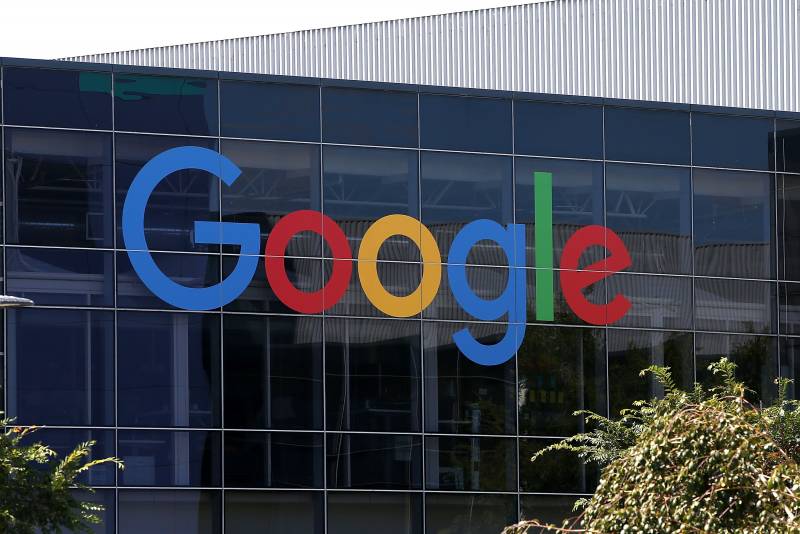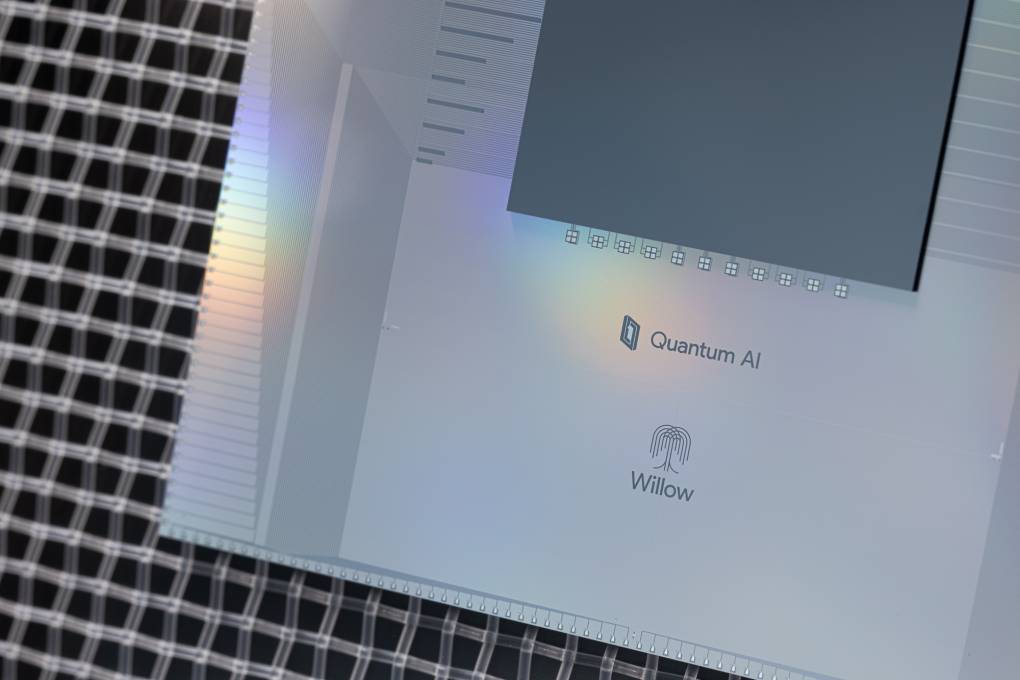The deal also shelved a bill by state Sen. Steve Glazer, D-Orinda, that would have levied a 7.25% tax on digital advertising revenue to create a tax credit for newsrooms.
Pearce told KQED he is also concerned about the public funding provisions in the agreement.
“There’s a real risk of news publishers in California doing unsavory things that would make their own journalists uncomfortable if we create a system where [news publishers are] incentivized to hire lobbyists instead of hiring more reporters to go back to the Legislature and ask for more money,” Pearce said. “We need a law, not lobbying mayhem.”
Pearce supports a different funding model, similar to stricter laws passed in Canada and Australia that apply to more tech companies than just Google.
The Media Guild of the West proposed six recommendations to improve the settlement, including imposing a contribution incentive encouraging multiple Big Tech companies to donate to the Journalism Fund instead of relying on public dollars; requiring fair-labor standards for public funds allocated to large, corporate-owned news employers via the Journalism Fund; and removing California and the Journalism Fund from involvement with Google’s National AI Accelerator.
“These companies, whether through banning hyperlinks or degrading them on their services — which almost all platforms are doing now — to using generative AI to create their own content … they’re still extracting and benefiting from journalism,” Pearce said. “The old rules of copyright don’t quite make sense in this new era of AI-powered factory farming.
“There need to be compensation systems set up because somebody’s doing the work, whether you realize it or not, and these companies are just free-riding.”
The governor’s office and Google did not respond to KQED’s request for comment. However, in a press conference on Monday, Newsom said details about the current deal would be unveiled Friday.

